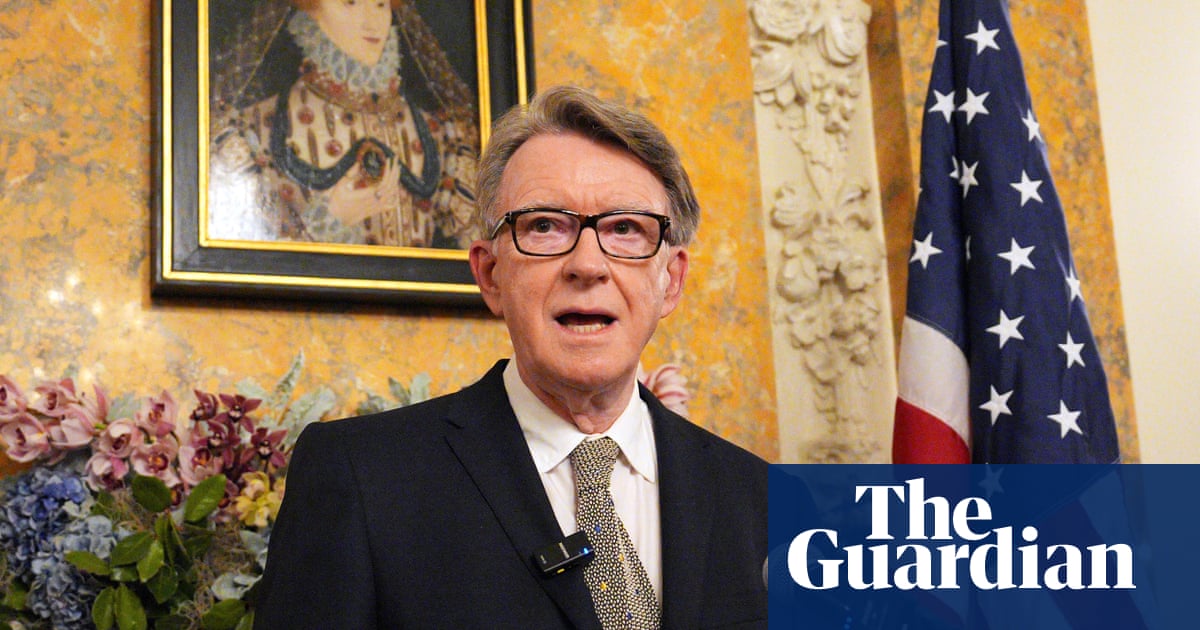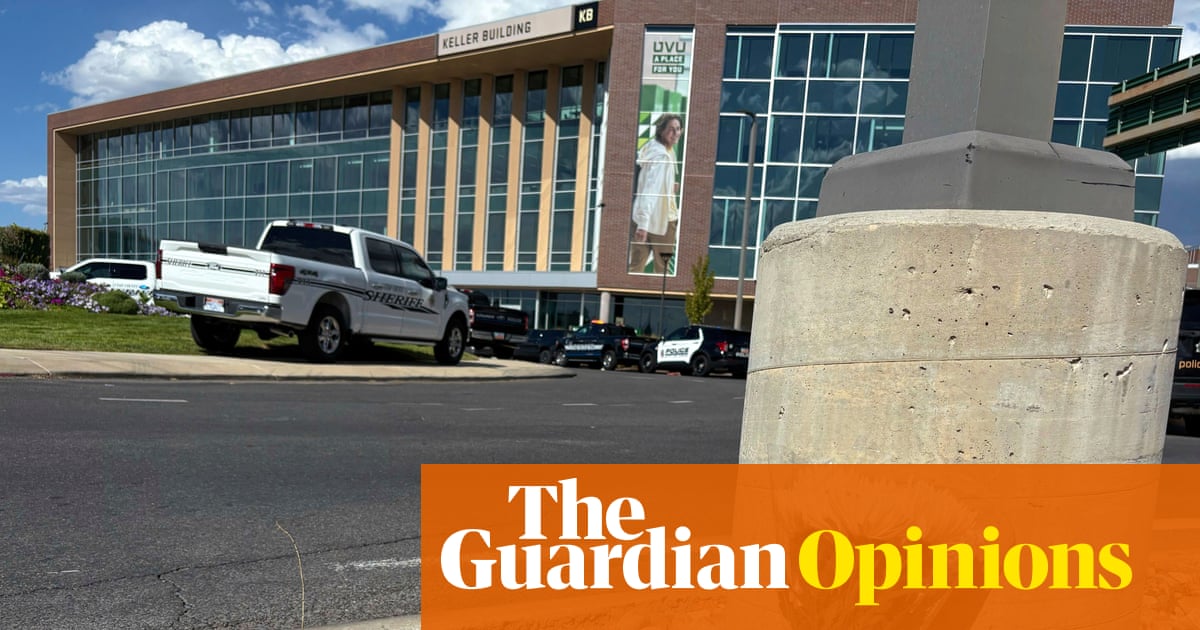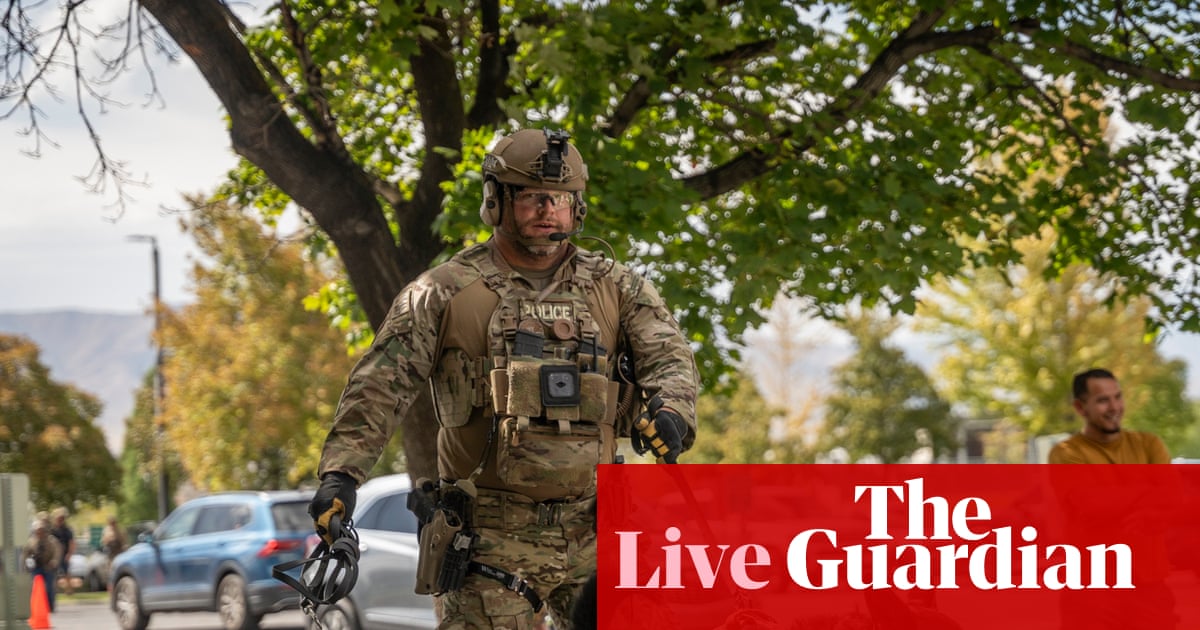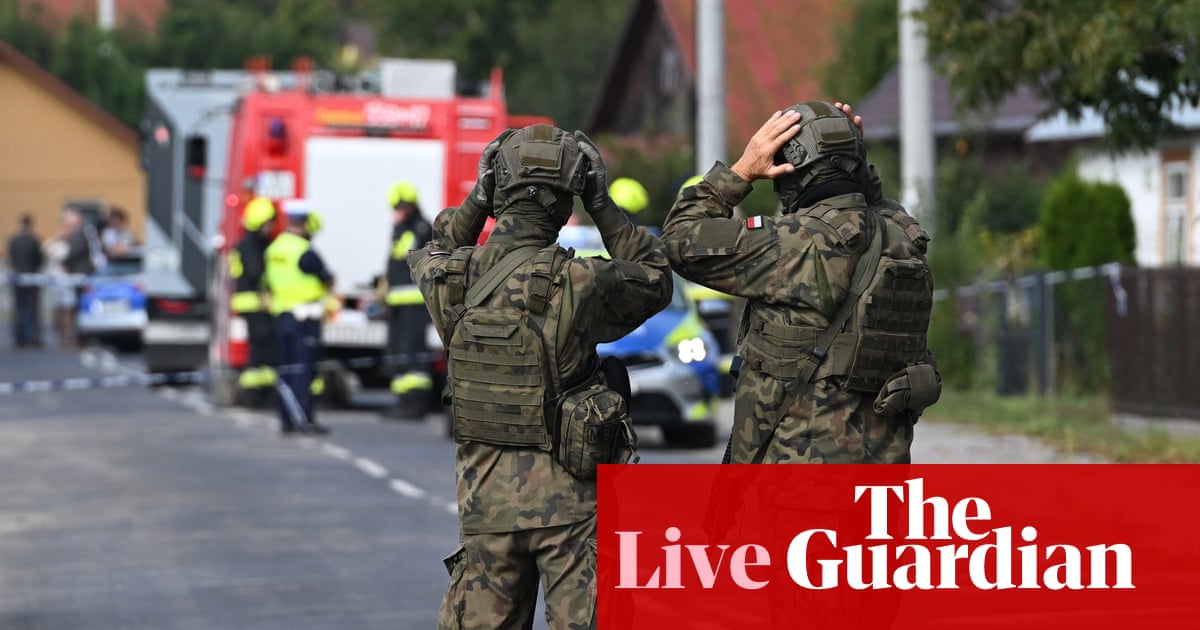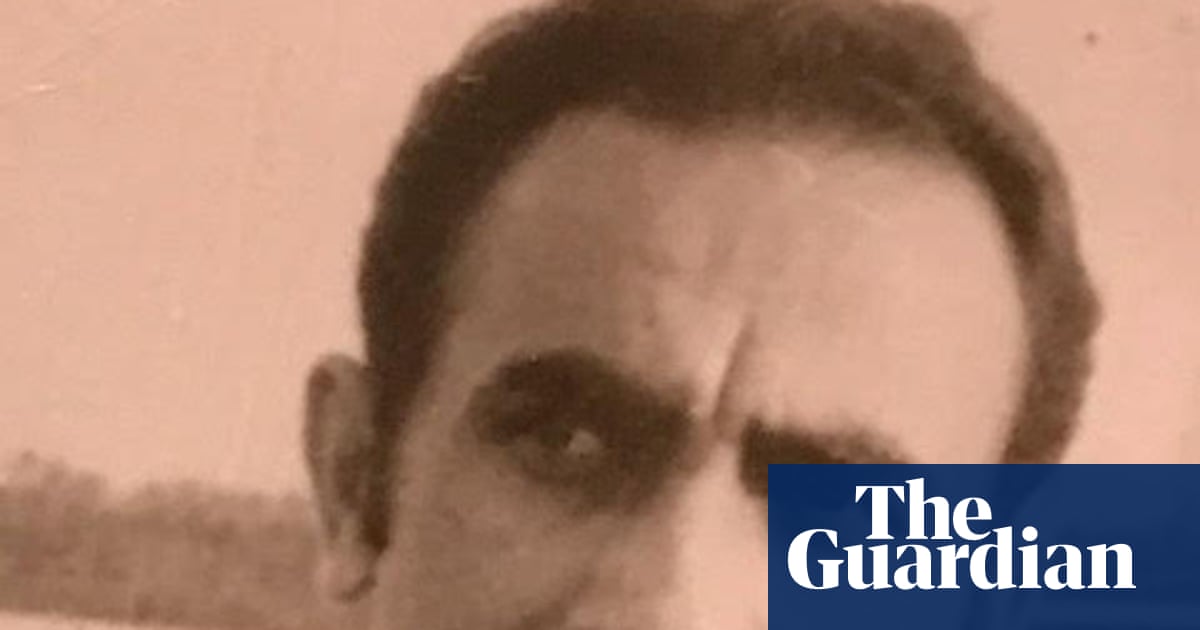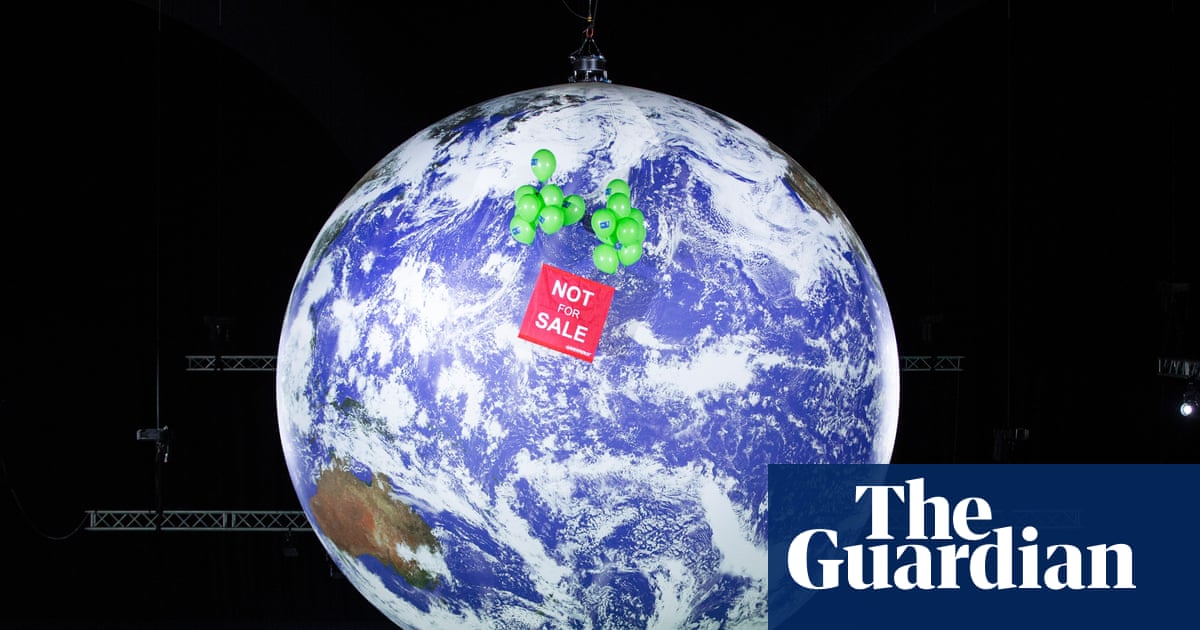In his successful quest to become Israel’s longest-serving prime minister, Benjamin Netanyahu has leveraged his most valuable asset: the country’s ineffective opposition. He has been playing his opponents off against each other, staying afloat while they are left powerless and irrelevant.
Netanyahu has survived multiple corruption cases, an ongoing criminal trial and recurring elections. Even after Hamas invaded Israel by surprise, on 7 October, 2023, leading to the longest, deadliest and most ruinous war in the history of the Arab-Israeli conflict, the opposition failed to pose a political threat to Netanyahu. This week, Israel continues its expanded offensive across Gaza alongside a deadly bombing campaign. Rather than bearing the responsibility for the unparalleled tragedy and being kicked out of office in disgrace, the prime minister has only grown more powerful, expanding his governing coalition, shrugging off any responsibility for the disaster and firing the military and intelligence leaders.
Israel’s political opposition suffers from an inherent contradiction. While Netanyahu’s power base has been united around a common ideology that privileges the rights of Jews and the establishment of a Greater Israel, the other side of the aisle is divided among different and even rival aspirations. There are rightwing opponents, who support Netanyahu’s nationalist policies but hate his leadership. There are centrist and Zionist leftwingers who dream of a liberal, secular and westernised country. And there are the representatives of Israel’s Arab minority, calling for equal citizenship.
During the 2021 election, Netanyahu’s opponents from the Zionist right, centre and left joined forces and added an Arab party to the mix, and were able to put together a “change coalition” government under the leadership of Naftali Bennett and Yair Lapid. Alas, their achievement was short-lived. To mask their ideological differences, the change government partners agreed to avoid dealing with the country’s deepest divides: the Palestinian issue and the role of religion in public life. But glossing over the toughest national problems was a temporary fix and the government collapsed, leading to an early election the following year.

Instead of closing ranks during this campaign, Netanyahu’s opponents pulled further apart, while he worked hard to milk every possible vote on the right. The inevitable result was a landslide victory for the Netanyahu bloc, composed of his Likud party and its far-right and ultra-Orthodox partners.
Back at the helm, Netanyahu wasted no time launching his coup, pushing through changes to weaken the judiciary and state organs in order to gain more power. When the war erupted Netanyahu was initially shocked, but he never lost his political nerve. He divided his main political opposition party through ministerial and cabinet appointments for rivals, and expanded his coalition’s majority.
His war policy has been extremely popular among Israel’s Jewish majority. Calls for starvation, annihilation and expulsion of the Palestinians in Gaza have moved into the mainstream. There has been dissent over the plight of the Israeli hostages held by Hamas, whom Netanyahu is refusing to trade in return for halting the war and withdrawing the IDF from Gaza. The hostages’ families and freed hostages have taken the centre stage, rather than the formal opposition leader. The Arab population supported an immediate ceasefire, but were silenced by a crackdown on their freedom of expression. More recently, as Netanyahu has proposed letting aid into Gaza, his rightwing minister for national security, Itamar Ben-Gvir, has said this would be a “grave mistake” by Netanyahu. There are also growing voices against expanding the war and total occupation of Gaza, but Netanyahu is more attentive to criticism within his base.
The devastated opposition and its supporters are clinging to two rays of hope: a coalition collapse and alternative leadership. The coalition is split over the ultra-Orthodox community’s exemption from the draft. The military needs conscripts to fill its ranks in a never-ending war, and the Zionist religious – a dominant demographic in the fighting force – hate the obvious injustice. Netanyahu has been able to convince both religious sides that if the coalition implodes under the strain of this argument, they would lose power.
The other hope is new leadership. The rising opposition star is former prime minister Bennett, a rightwinger who appeals to disappointed Netanyahu voters. Sensing the public shift to the right, and trying to overcome his previous weak point, he announced that his future coalition would not include an Arab party. From the other end, Yair Golan, leader of the Democrats party, former IDF general and 7 October hero, has united the Zionist left. He has been calling to stop the war, announcing his support for a two-state solution (albeit “not now”) and his willingness to partner with an Arab party.
Their growing popularity notwithstanding, both Bennett and Golan must gain the acceptance and support of other opposition parties and leaders. And even more crucially, they should put forward a convincing postwar vision for Israel. A vision of healing the societal rifts, rebuilding the devastated border communities, strengthening civil rights and state institutions, and reigniting a peace process.
A hopeful political platform like this would have been until recently a nonstarter in war-stricken Israel, where the media keeps replaying the 7 October horrors. But in recent days, “anti-Bibi” Israelis have discovered a new and surprising friend: Donald Trump. The American president suddenly appeared as a regional peacemaker and deal-broker, who ignored the Israeli prime minister in his sweeping diplomatic campaign, in which American envoys are negotiating directly with Israel’s chief enemies in Iran, Yemen and Hamas.
Netanyahu’s supposed ideological and personal affinity to Trump was a strong card domestically, as most Israelis value American support above all else. But now, bound by his far-right partners to escalate the war, Netanyahu’s policy is an obstacle to Pax Trumpiana in the Middle East.
Will the president’s cold shoulder to his erstwhile proxy give Israel’s “anti-Bibists” a new lease on life?

 3 months ago
62
3 months ago
62





